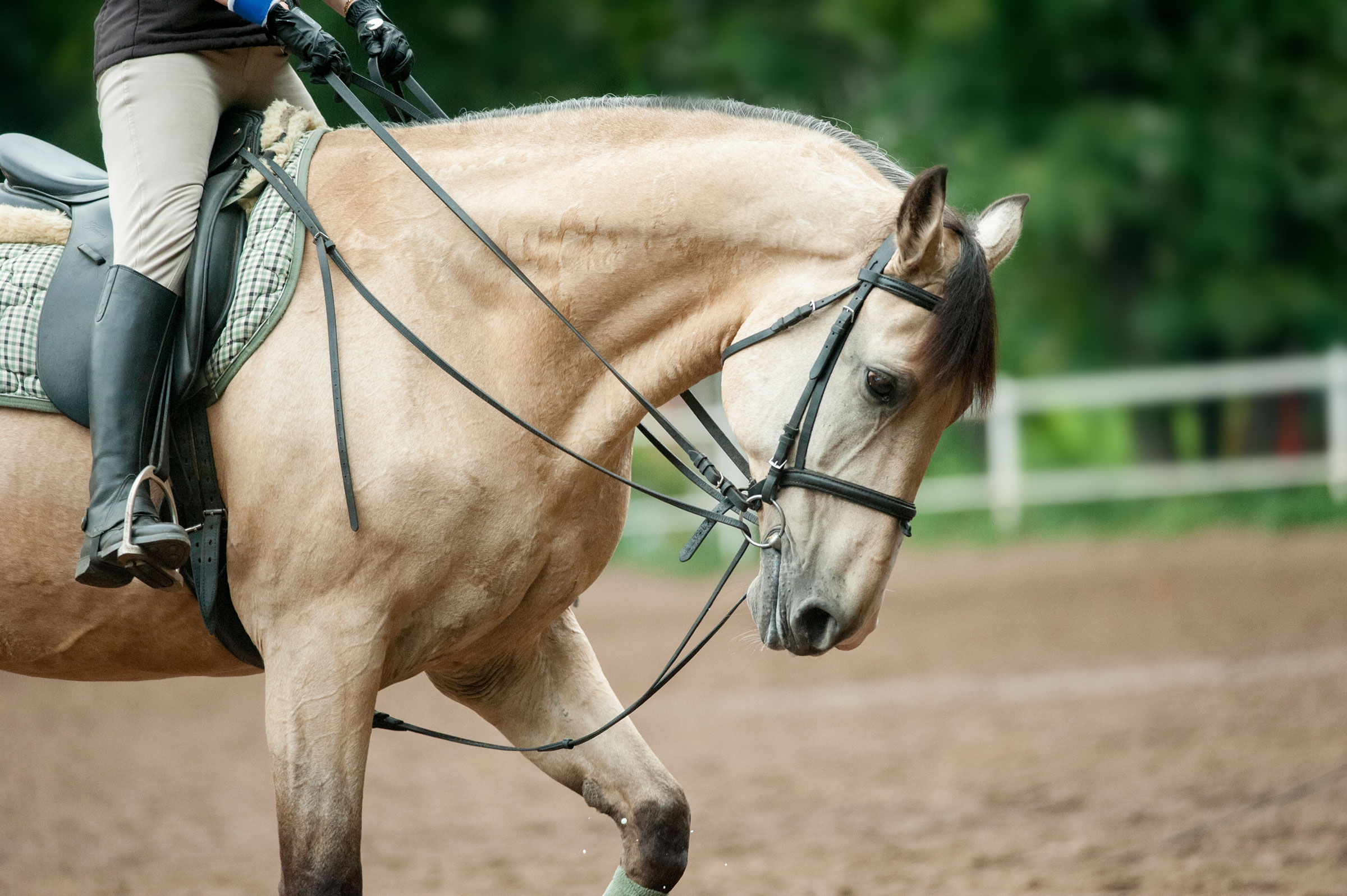
Working with barn sour or ring sour horses can be frustrating—even intimidating. The behaviors can even escalate to the point of becoming dangerous. When dealing with a horse that is barn or ring sour, Carissa Wickens, PhD, an assistant professor and state extension horse specialist at the University of Florida, recommended taking a step back and looking at the larger context.
“A young horse that is sour is one thing, they are still early in their training,” she said. “An older horse that becomes that way may have some underlying pain or previous handling issue that has caused the behavior.”
Considering the situation and the root cause of the problem before reacting emotionally creates better outcomes. Wickens pointed to a recent case study about a seasoned horse that refused to enter an indoor arena. Through patient observation, the rider determined the horse seemed to have a phobia of other horses in the arena. Rather than forcefully getting the horse into the arena, the rider reverted to the basics. The first step was getting the horse to stand in the doorway without becoming anxious. As the horse gained confidence, they worked up to working in the arena alone. Then the rider asked a trusted friend to bring in one, calm horse into the arena to create a positive environment for the horse that was barn sour.
“Going back to the basics helps build a horse’s confidence so that the results are positive and long lasting,” she said.
Depending on your skill level and confidence working with a barn sour horse, it might be necessary to work with a more experienced horse person or enlist the help of a trainer. The ultimate goal is to create a positive experience for the horse in a safe environment for horse and rider.


